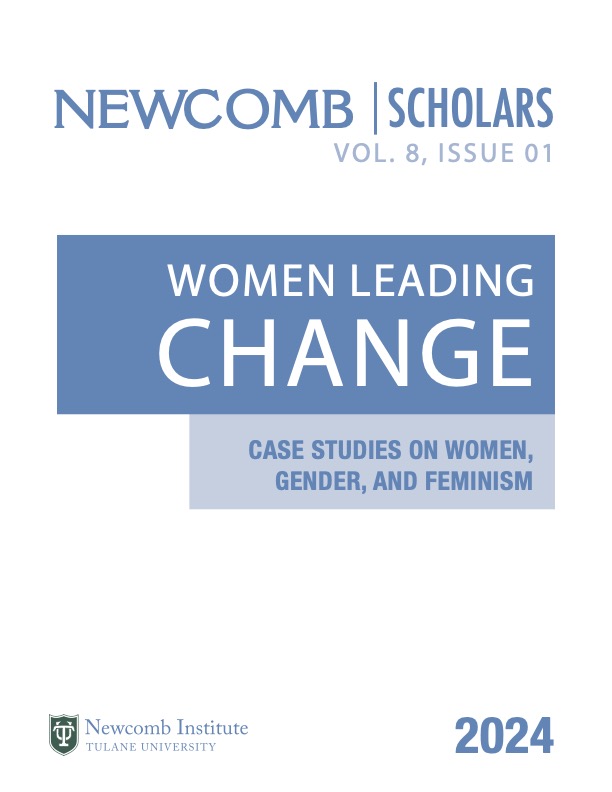Sacred Violence: India’s Marital Rape Exception
Abstract
India's legal framework, controversially exempts marital rape from legal sanction through Exception 2 to Section 375 of the Indian Penal Code. In 2015 Khushboo Saifi challenged the exception in Indian law that does not recognize forced sexual intercourse by a husband with his wife, if she is over 15 years old, as rape. Though the case didn't lead to an immediate legal change, it sparked crucial conversations about the need to criminalize marital rape and protect women's rights within marriage. The case gave rise to public debate on the tension between preserving the sanctity of the marriage sacrament and ensuring the fundamental rights and autonomy of women. By comprehensively analyzing legal arguments, historical accounts, and international conventions, we can assess the context of the exception and its evolution. Khushboo’s case exemplifies the dichotomy between the protection of marriage as an institution, the denial of autonomy and bodily integrity to women, and the social attitudes and cultural norms that contribute to the perpetuation of such an exception.
Downloads
Downloads
Published
Issue
Section
License
Copyright (c) 2024 Women Leading Change: Case Studies on Women, Gender, and Feminism

This work is licensed under a Creative Commons Attribution-NonCommercial-ShareAlike 4.0 International License.
Newcomb College Institute of Undergraduate Researchis an open-access journal, so articles will be released under a Attribution-ShareAlike 3.0 Unported (CC BY-SA 3.0).

